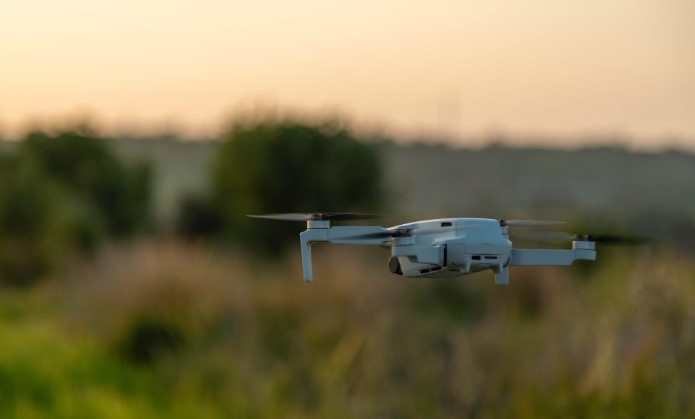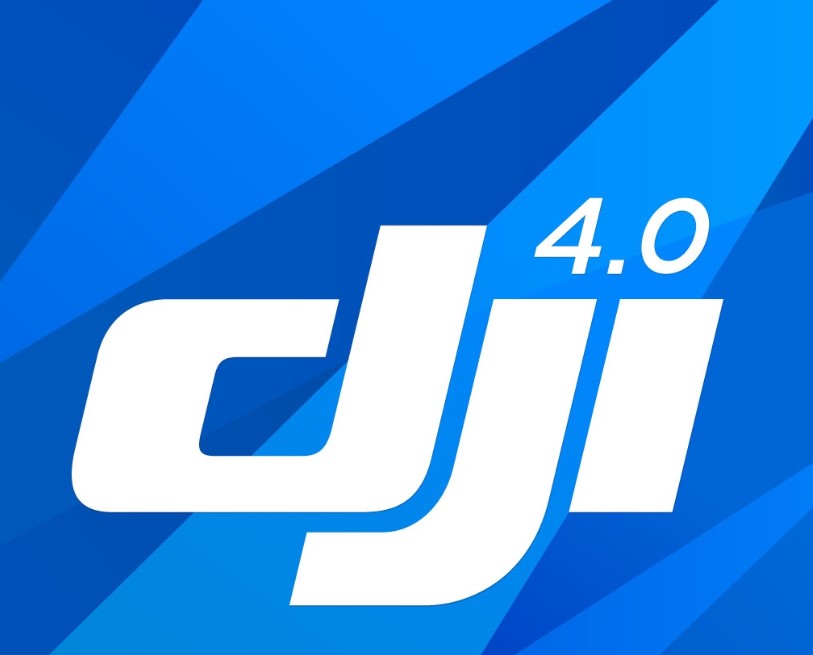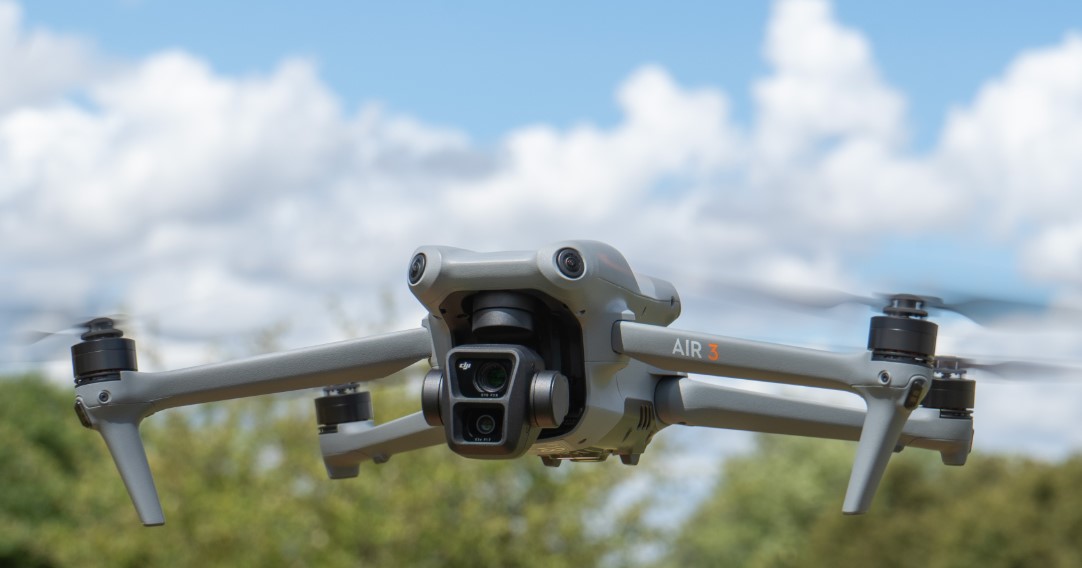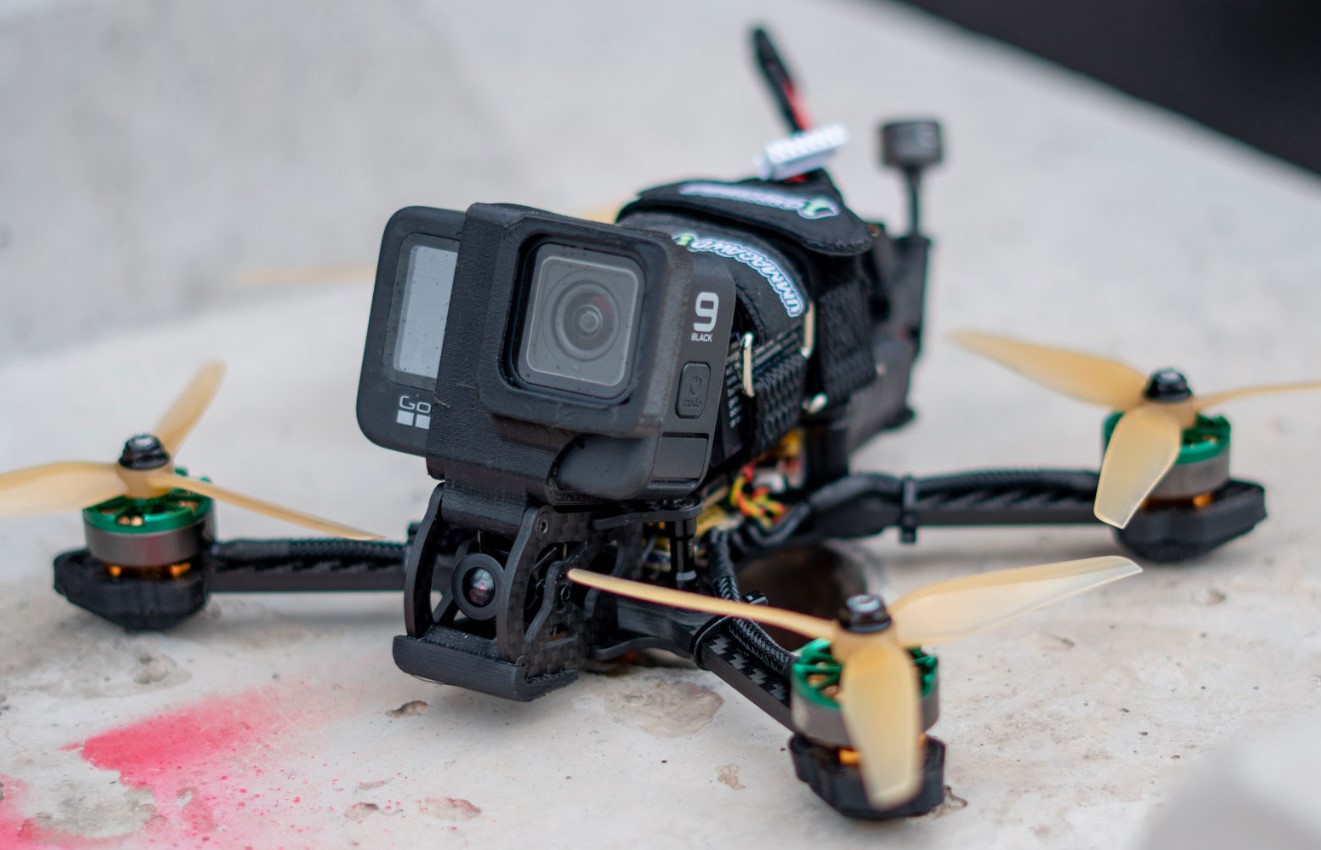Is Drone Delivery Legal in India? The concept of drone delivery has captured global attention, promising a future where goods are transported swiftly through the air, bypassing traditional traffic constraints. In India, a country with a vast and diverse geographical landscape, the potential benefits of drone delivery are immense. However, like many emerging technologies, its adoption hinges on regulatory frameworks. This essay delves into the legality of drone delivery in India, examining existing laws, recent developments, and future prospects. Follow Dronevoz.com !!!
Understanding India’s Drone Regulations
India’s regulatory body for civil aviation, the Directorate General of Civil Aviation (DGCA), is responsible for drafting and enforcing policies related to drones. In August 2021, the Government of India introduced the Drone Rules, 2021, replacing the more restrictive Unmanned Aircraft System (UAS) Rules, 2021. These new rules aim to streamline the integration of drones into India’s airspace and facilitate their commercial use, including delivery services.
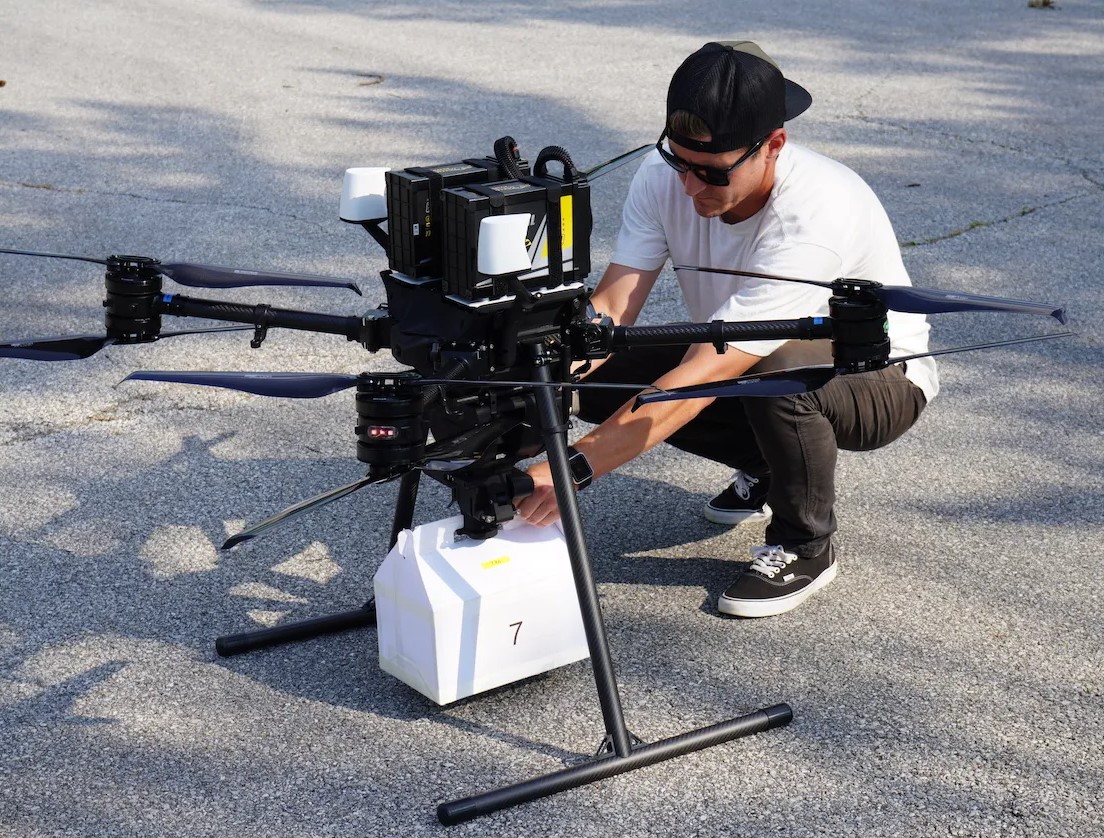
Key features of the Drone Rules, 2021, include:
- Categorization of Drones: Drones are classified into five categories based on their weight:
- Nano drones (less than 250 grams)
- Micro drones (250 grams to 2 kilograms)
- Small drones (2 kilograms to 25 kilograms)
- Medium drones (25 kilograms to 150 kilograms)
- Large drones (over 150 kilograms)
- Digital Sky Platform: The DGCA introduced a user-friendly online portal called the Digital Sky Platform for registering drones, obtaining permits, and managing airspace maps. This platform demarcates India’s airspace into three zones:
- Green Zone: No prior permission is required for flying drones.
- Yellow Zone: Permission is required, as these zones are closer to airports or sensitive locations.
- Red Zone: No drone operations are allowed.
- Mandatory Registration and Licensing: Drone operators must register their drones and obtain a Unique Identification Number (UIN). Commercial operators also need a Remote Pilot License (RPL).
- Airspace for Beyond Visual Line of Sight (BVLOS) Operations: The rules permit BVLOS operations, which are crucial for drone delivery services. However, these operations require additional approvals and trials.
Is drone delivery legal in India?
Under the current Drone Rules, 2021, drone delivery is not explicitly prohibited. In fact, the government has shown a strong willingness to support such innovations. Several pilot projects and trials have been conducted in India to test the feasibility of drone delivery, particularly in sectors like healthcare and e-commerce. However, full-scale commercial drone delivery is still in its infancy due to regulatory and logistical hurdles.
Key Developments in Drone Delivery in India
- Medical Supply Deliveries: During the COVID-19 pandemic, drones were used to deliver vaccines and essential medical supplies to remote areas. For instance, Telangana launched the Medicine from the Sky initiative in collaboration with the World Economic Forum (WEF). This project demonstrated the potential of drones for life-saving applications.
- E-commerce and Food Delivery: Leading companies like Amazon, Swiggy, and Zomato have expressed interest in drone delivery. Zomato successfully conducted a trial in 2019, delivering a food package using a drone that flew at 80 km/h and covered a distance of 5 kilometers in less than 10 minutes.
- Approval for BVLOS Trials: The DGCA granted permission to various entities, including SpiceXpress, Dunzo, and Swiggy, to conduct BVLOS trials for drone delivery. These trials are a significant step toward scaling up drone-based logistics.
>>> Read: Is Drone Delivery Canada a Good Investment?
Challenges to Drone Delivery in India
While the regulatory framework in India is evolving to support drone delivery, several challenges remain:
- Regulatory Complexity: Despite the simplification introduced by the Drone Rules, 2021, operators must navigate a maze of approvals and permissions. BVLOS operations, which are critical for delivery services, still require case-by-case clearance.
- Infrastructure and Technology: India’s urban areas are densely populated, and the lack of designated drone corridors adds complexity to delivery routes. Furthermore, drones need to be equipped with advanced navigation, collision-avoidance, and communication systems.
- Privacy and Security Concerns: The use of drones for delivery raises concerns about privacy violations, unauthorized surveillance, and cybersecurity risks. Robust measures are needed to address these issues.
- Public Acceptance: The public’s perception of drones is mixed. While there is excitement about their potential, there are also concerns about noise pollution, safety risks, and job displacement in traditional delivery sectors.
- Cost and Scalability: Initial investment costs for drone delivery infrastructure are high. Scaling operations to cover large areas, particularly in rural regions, presents logistical and financial challenges.
Steps Taken by the Indian Government
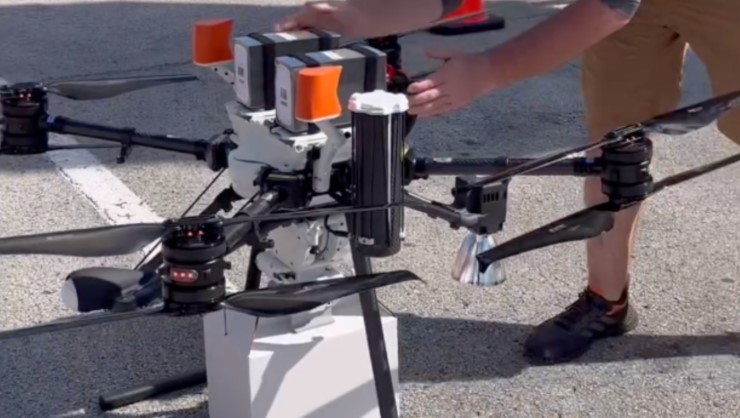
The Indian government has undertaken several initiatives to promote the use of drones, including for delivery services:
- PLI Scheme for Drones: In September 2021, the government announced a Production-Linked Incentive (PLI) scheme for drone manufacturers. This aims to boost local production and reduce costs.
- Integration with Logistics Networks: Efforts are underway to integrate drones into national logistics frameworks, including the Gati Shakti initiative. This could enable faster adoption of drone-based delivery.
- Development of Drone Corridors: Plans to develop dedicated drone corridors for delivery services are in progress. This will help streamline operations and reduce air traffic conflicts.
Future Prospects of Drone Delivery in India
The future of drone delivery in India looks promising, with the government and private sector showing strong commitment to its development. Key areas of growth include:
- Healthcare and Emergency Services: Drones will play a vital role in delivering medical supplies, vaccines, and even organs for transplant in critical situations.
- E-commerce Expansion: With the rise of online shopping, drone delivery could significantly reduce last-mile delivery times, especially in tier-2 and tier-3 cities.
- Agriculture: Drones can be used to deliver fertilizers, pesticides, and seeds to remote farming regions, boosting productivity and reducing costs.
- Collaboration with Startups: India’s burgeoning drone startup ecosystem will contribute to innovative solutions for drone delivery challenges. Companies like Skylark Drones, Aarav Unmanned Systems, and IdeaForge are leading the way.
Conclusion
Is drone delivery legal in India? The answer is both yes and no. While the regulatory framework supports drone operations, full-scale commercial drone delivery is still subject to approvals, trials, and compliance with strict guidelines. India’s Drone Rules, 2021, represent a significant step toward unlocking the potential of drones in logistics and delivery, but challenges related to infrastructure, security, and public perception need to be addressed.
With continued investments in technology, supportive policies, and collaboration between stakeholders, drone delivery could become a transformative force in India’s logistics sector. The next few years will likely witness rapid advancements in this field, making drone delivery not just a possibility but a reality across the country.
>>> Click How To Rig A Drone For Fishing?
